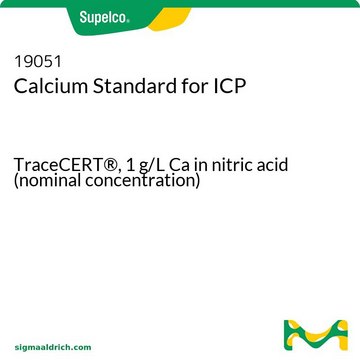134449
p-Xylene
ReagentPlus®, 99%
Synonym(s):
1,4-Dimethylbenzene
About This Item
Recommended Products
grade
reagent
Quality Level
vapor density
3.7 (vs air)
vapor pressure
9 mmHg ( 20 °C)
product line
ReagentPlus®
Assay
99%
form
liquid
autoignition temp.
984 °F
expl. lim.
7 %
technique(s)
GC/MS: suitable
refractive index
n20/D 1.495 (lit.)
bp
138 °C (lit.)
mp
12-13 °C (lit.)
solubility
water: soluble 0.2 g/L
density
0.861 g/mL at 20 °C (lit.)
SMILES string
Cc1ccc(C)cc1
InChI
1S/C8H10/c1-7-3-5-8(2)6-4-7/h3-6H,1-2H3
InChI key
URLKBWYHVLBVBO-UHFFFAOYSA-N
Looking for similar products? Visit Product Comparison Guide
General description
Application
p-xylene mayumb be used in the single drop microextraction of the corresponding organochlorine pesticides in vegetables, separated via gas chromatography(GC)coupled with mass spectrometry(MS).
Legal Information
Signal Word
Danger
Hazard Statements
Precautionary Statements
Hazard Classifications
Acute Tox. 4 Dermal - Acute Tox. 4 Inhalation - Aquatic Chronic 3 - Asp. Tox. 1 - Eye Irrit. 2 - Flam. Liq. 3 - Skin Irrit. 2 - STOT SE 3
Target Organs
Respiratory system
Storage Class Code
3 - Flammable liquids
WGK
WGK 2
Flash Point(F)
80.6 °F - closed cup
Flash Point(C)
27 °C - closed cup
Choose from one of the most recent versions:
Already Own This Product?
Find documentation for the products that you have recently purchased in the Document Library.
Customers Also Viewed
Our team of scientists has experience in all areas of research including Life Science, Material Science, Chemical Synthesis, Chromatography, Analytical and many others.
Contact Technical Service







